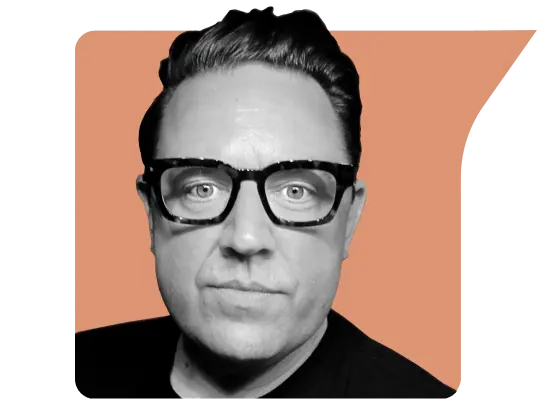Matter of Debate
Should there be an age limit for presidents?

Gary Schmitt
Political Scientist
American Enterprise InstituteAEI
For

Hilary Krieger
Editor
CNN OpinionCNN
Moderator

Bradley Schurman
Author
“The Super Age”“The Super Age”
Against
Moderator: Please explain why you think politicians should or shouldn’t face age limits.
Moderator: If there were an age limit for politicians, what should it be? If there is an age maximum for president, can it really be fixed for all time? Today, 80 seems really old, but who knows how it will feel in 20 years? Cheryl Roberts, Fort Worth, TX, Alexander Akhmetov, Niskayuna, NY
Moderator: What characteristics critical to the office of president, senator, etc. are reliably predicted by age? Do these characteristics make you concerned about the fitness of an older president? via Frank Lowney, Floral City, FL
Moderator: So, rather than imposing age limits, should cognitive function or physiological age be the criterion? If so, should cognitive decline alone be the deciding factor, or should physical health be a factor? For example, one might argue that with virtual communication, a president doesn’t really "need" to travel most of the time. Bill Plasse, Destrehan, LA; Angie H., Rome, GA
Moderator: A RAND study warned that individuals who had security clearances and handled classified material could become a security threat if they develop dementia and unwittingly share government secrets. Is that an argument for age limits or similar? What about the greater possibility of a death in office?
Moderator: If we set limits on age for federal politicians, does this mean that we, as a nation, are guilty of ageism? How do we stop promoting that way of thinking? Brad Onken, Waltham, MA
Moderator: If we restrict those over a certain age from running for the presidency, should we then restrict those of the same age from voting? David Halpern, Friday Harbor, WA
Welcome to our first-ever CNN Opinion debate! We have invited two experts to weigh in on the timely topic of whether there should be age limits for elected officials. The issue is of central importance to voters who are choosing between the two oldest candidates in US history to run for reelection as president: 81-year-old Joe Biden and 77-year-old Donald Trump.
Arguing in favor of age limits is Gary Schmitt, 72, a senior fellow with the American Enterprise Institute. A former White House official, his scholarship focuses on the American presidency and national security issues. Arguing against age limits is Bradley Schurman, 46, an aging expert who is the founder and CEO of Human Change. He works with leaders to anticipate and solve the challenges of demographic change.
The questions were supplied by CNN Opinion editors and our readers. After a given question was posed in this written debate, each expert had an opportunity to provide an answer and a rebuttal. The questions and responses have been fact-checked and lightly edited for length and clarity.



